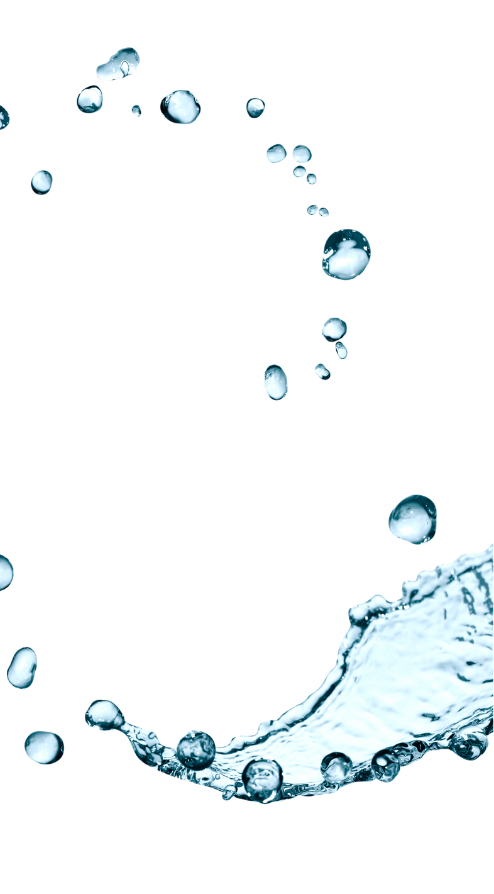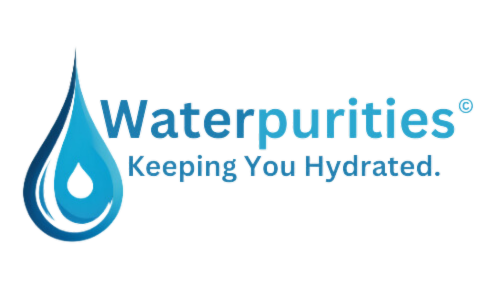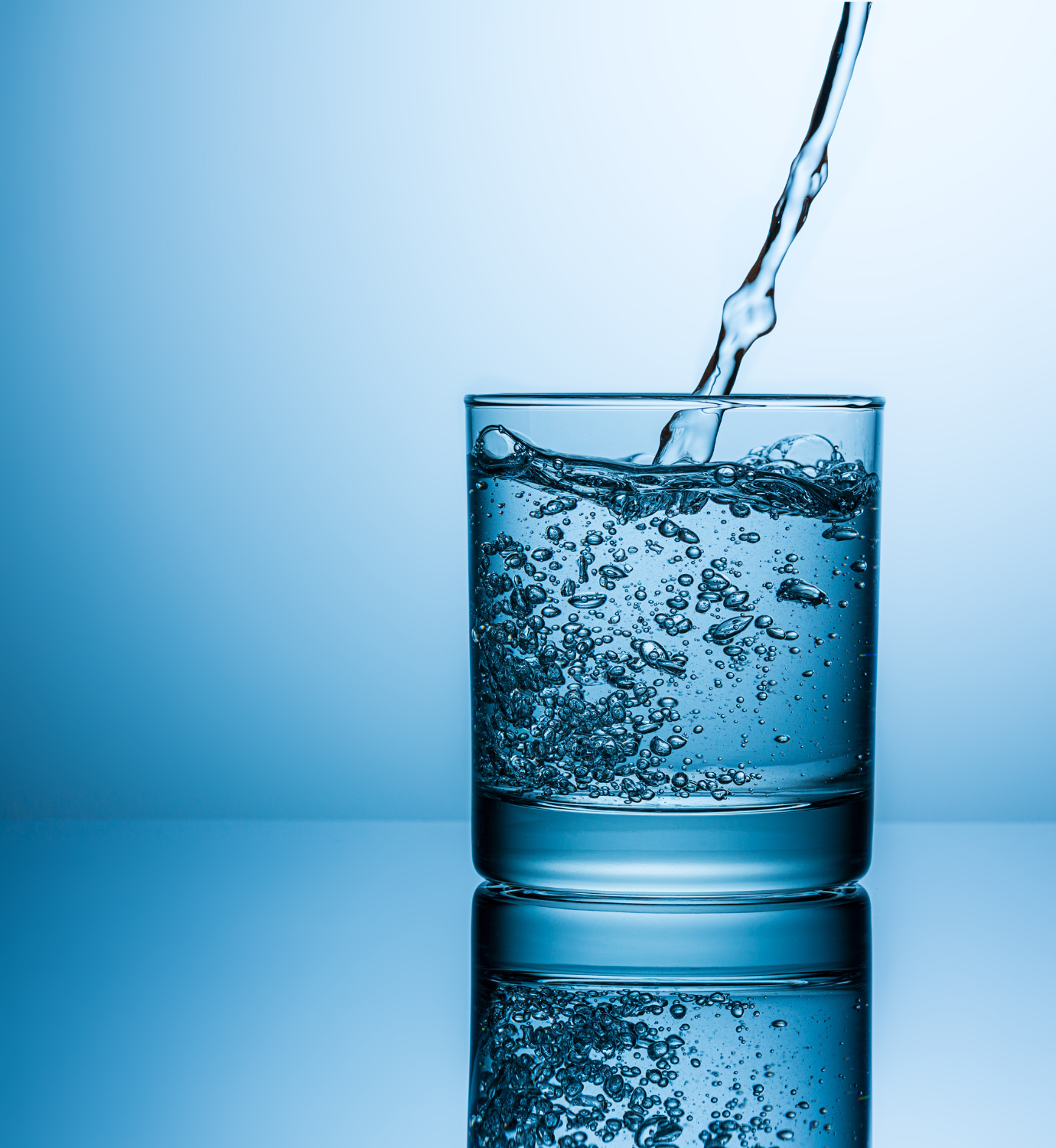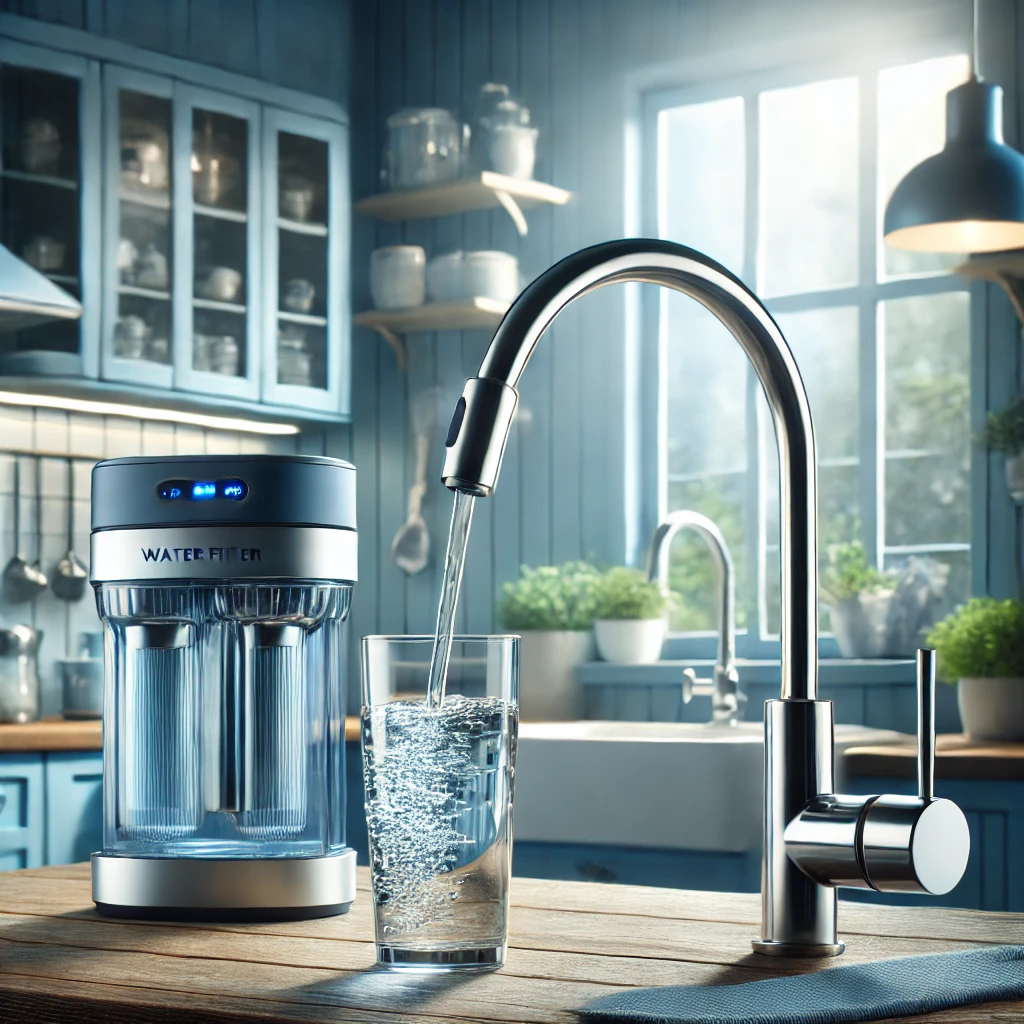


Save Money by comparing the best water softener quotes and find the perfect solution for you Today!



Save Money by comparing the best water softener quotes and find the perfect solution for you Today!


Purity and Taste

Convenience and Cost Savings

Appliance Longevity and Efficiency
Comfort and Hygiene

Culinary Advantages

Overall wellbeing
Compare the best water softener quotes.
Get the right water softener for your property.
Quotes from certified installers.
Installing a water softener in your home or business offers numerous benefits that significantly enhance both your quality of life and operational efficiency.
For example, did you know that 60% of homes in the UK experience hard water? This widespread issue, unfortunately, leads to several challenges. As a result, homeowners often face limescale buildup, reduced appliance lifespan, and increased energy consumption. In contrast, installing a water softener can help address these problems effectively.
Additionally, a water softener not only combats hard water issues but also ensures that softer water is gentler on your skin, plumbing, and appliances. Moreover, it reduces maintenance costs, which makes it a practical investment for the long term. Ultimately, choosing to install a water softener improves your daily life while protecting your home or business from the negative effects of hard water.
The key points of our water filter:

-Purity and Taste
-Convenience
-Cost Savings
-Appliance Longevity and Efficiency
-Comfort and Hygiene
-Culinary Advantages
-Overall Well-being
FAQs: Water Softeners
What is a water softener?
A water softener is a device that removes minerals like calcium and magnesium from water, which cause hardness. By exchanging these minerals with sodium or potassium ions, it helps to prevent scale buildup and extends the lifespan of plumbing and appliances.
How does a water softener work?
A water softener works through a process called ion exchange. Hard water passes through a resin bed where calcium and magnesium ions are exchanged with sodium or potassium ions, softening the water.
Do I need a water softener?
If you notice scale buildup on your faucets, soap scum in your bathroom, or if your appliances are not lasting as long as they should, you may benefit from a water softener. Hard water can also cause dry skin and hair.
How often should I regenerate my water softener?
The frequency of regeneration depends on the hardness of your water and the capacity of your water softener. Generally, it ranges from every few days to once a week.
Can a water softener remove iron from my water?
Some water softeners can remove small amounts of iron, but if you have high iron content, you may need an iron filter in addition to your water softener.
Is softened water safe to drink?
Yes, softened water is safe to drink. However, it does contain a small amount of added sodium. If you are on a low-sodium diet, you may want to consult your doctor or consider a reverse osmosis filter for drinking water.
FAQs: Water Filters
What is a water filter?
A water filter is a device that removes impurities and contaminants from water by using a physical barrier, chemical process, or biological process, improving the water’s taste, odour, and safety.
How do I know which water filter I need?
A water filter is a device that removes impurities and contaminants from water by using a physical barrier, chemical process, or biological process, improving the water’s taste, odour, and safety.
How often should I replace my water filter?
Filter replacement frequency varies by type and usage. Typically, carbon filters should be replaced every 3-6 months, reverse osmosis membranes every 2-3 years, and UV bulbs annually. Check the manufacturer’s guidelines for specifics.
Can water filters remove chlorine from water?
Yes, activated carbon filters are very effective at removing chlorine and improving the taste and odour of water.
Are water filters effective against bacteria and viruses?
Not all water filters can remove bacteria and viruses. UV filters and reverse osmosis systems are designed to effectively eliminate these microorganisms.
What are the benefits of using a water filter?
Water filters can improve the taste and smell of water, remove harmful contaminants, reduce chlorine, and provide safer drinking water. They can also protect your plumbing and appliances from sediment and scale buildup.
FAQs: General
What is the difference between a water softener and a water filter?
A water softener specifically targets hardness minerals (calcium and magnesium) to prevent scale buildup, while a water filter removes a broader range of contaminants, such as chlorine, lead, pesticides, bacteria, and viruses, to improve water quality and safety.
Can I use both a water softener and a water filter together?
Yes, combining a water softener and a water filter can provide comprehensive water treatment, addressing both hardness and contaminants. This ensures you get soft, clean, and safe water throughout your home.
How do I maintain my water softener and water filter?
Yes, combining a water softener and a water filter can provide comprehensive water treatment, addressing both hardness and contaminants. This ensures you get soft, clean, and safe water throughout your home.
Will a water softener or water filter increase my water bill?
A water softener may slightly increase water usage due to the regeneration process, but it is typically minimal. Water filters do not generally impact water usage. The benefits of extended appliance life and improved water quality often outweigh any minor cost increases.
Get a quote today
Find the a professional, reliable installers today
Contact
Or fill out the contact form and one of our team will be in touch shortly.
